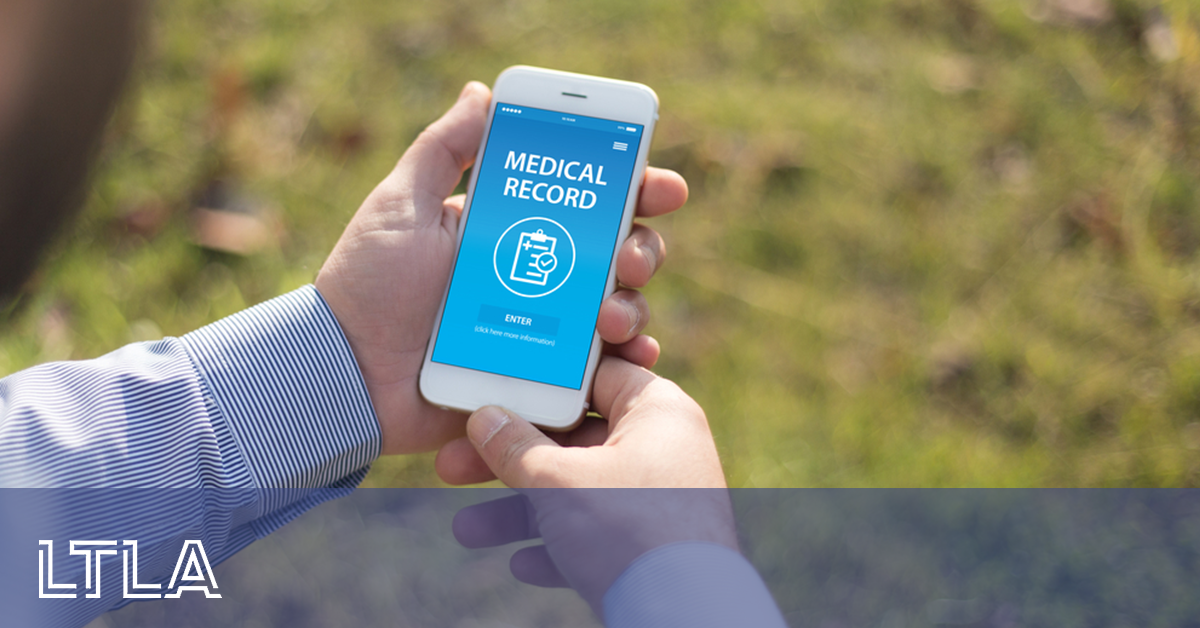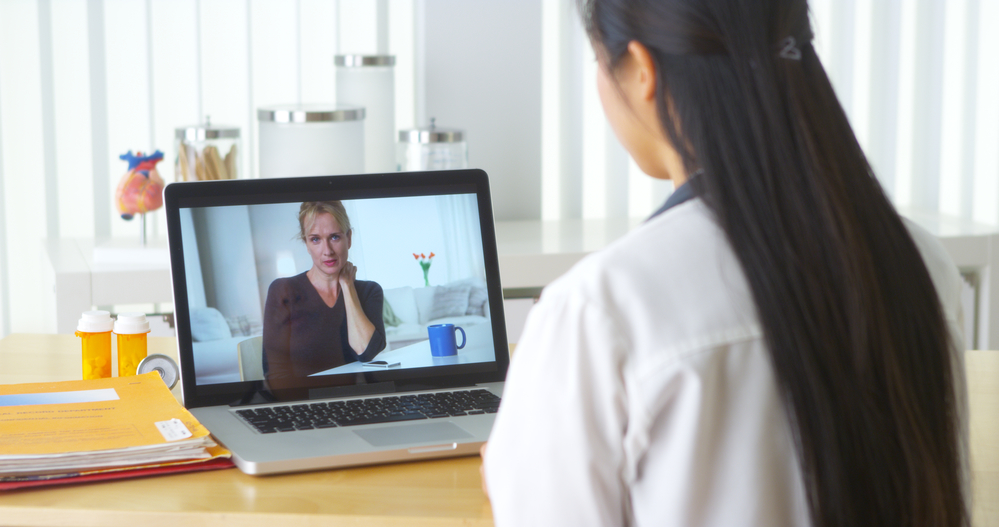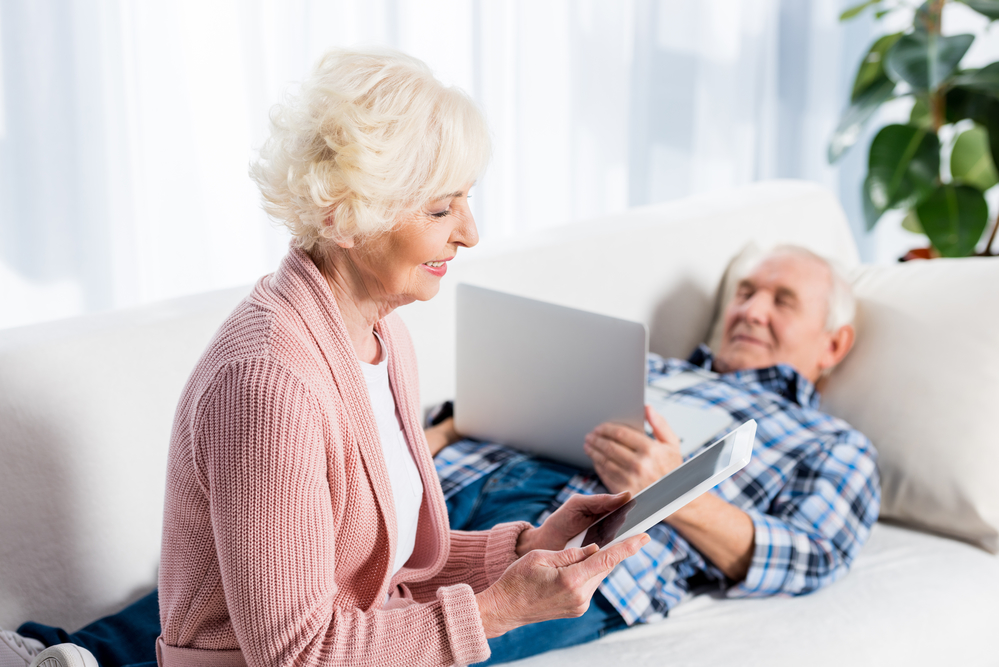
Today’s high tech world has changed the way we live; from transportation to food and everything in between, there’s an app for that. However, when it comes to aging, there’s no “app for that!” While aging is inevitable, thanks to technological advances and improved access to better health care, countless seniors have been able to remain healthy, independent and happy as a result.
New handheld devices and software are an example of how the elderly and technology can work together to stay independent. Telemedicine, video monitoring and other remote technologies enable healthcare providers to better monitor and interact from a distance with their older patients.
The following are important areas where technology is making a positive impact on the lives of our elderly:
Medical care
Sensors on medicine bottles help caregivers ensure that patients take the correct prescriptions at the right times. A Bluetooth-enabled glucose monitor detects not only fluctuations in blood sugar levels but transmits health data to providers using informatics to remotely monitor patients. Electronic medical records keep all your information in one place, making it easy to keep track of your latest test results, medications, procedures and more.
Telemedicine
Through the use of computers and other devices, doctors are able to stay in touch with patients that may be avoiding follow-up doctor visits due to immobility.
Connected communication helps stay in touch
Computers and television can be a wonderful aid to both telemedicine. These devices can help seniors and other homebound individuals stay in touch with the larger world. However, many older people have trouble viewing the computer monitor or television screen. Assistive technology devices become a neccessity for the elderly at home, such as a telecaption decoder for a TV set to help the hard-of-hearing.
Other computer-assistive devices might include a product like the USB Dolphin SuperNova Magnifier – a plug-in “app” which magnifies screen text up to 64 times for the visually impaired, requires no special installation and can fit easily into a pocket or purse for use away from home.
Home care and safety
Smart home technology for elderly patients, such as video monitoring and door sensors that detect movement and even turn on lights in the monitored areas, are helpful in reducing the chances of a patient wandering off by themselves and leaving the premises or entering a risky area. For example, an alarm alerts caregivers or relatives so they can summon help quickly.
Pressure mats to reduce slipping out of wheelchairs, while bed alerts work by sensing when a patient steps on or is no longer sitting on the mat and emits an alarm to warn caregivers can reduce the chances of a wheelchair-bound patient sliding out and falling.
Mental health impact
By giving seniors a “window to the world” through online interactions with family, friends and health providers, assistive technology in elderly care has reduced the isolation typical of those who are homebound and unable to easily travel, or for whom physical impairments, such as vision or hearing loss, has made their world smaller.
Looking to the future: some takeaways
Technology has made incredible improvement in the quality of seniors’ lives. As well as giving more peace of mind for their caretakers and families, making the future truly here and now:
- Video monitoring
- Remote health monitoring
- Telemedicine
- Fall and motion detectors
- Pressure mats
- Door monitors
- Wearable SOS buttons
- Mobile assistive devices designed for those with vision or hearing impairments
Long Term Living Association offers more creative ways for the elderly and their families or guardians to stay connected and safe while remaining at home as long as possible. Their experienced counselors are available to advise and guide families through the retirement planning process and beyond. Contact LTLA at 800-868-1193 or online with our convenient appointment scheduling system for achieving a healthy and secure retirement.
Our Healthcare Technology Specialist
Beth Tofel


